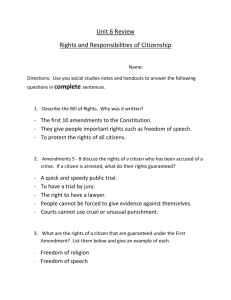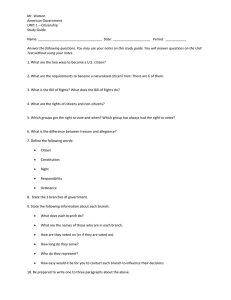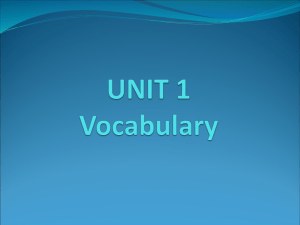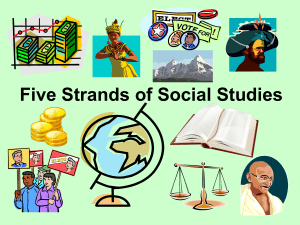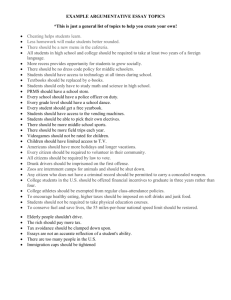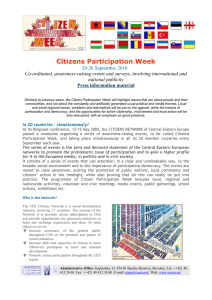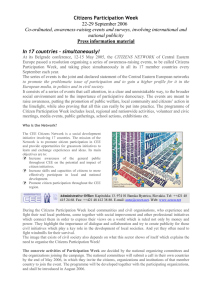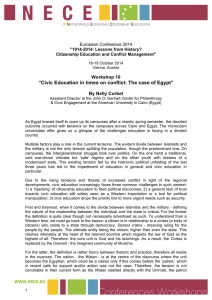Social Studies Preamble
advertisement
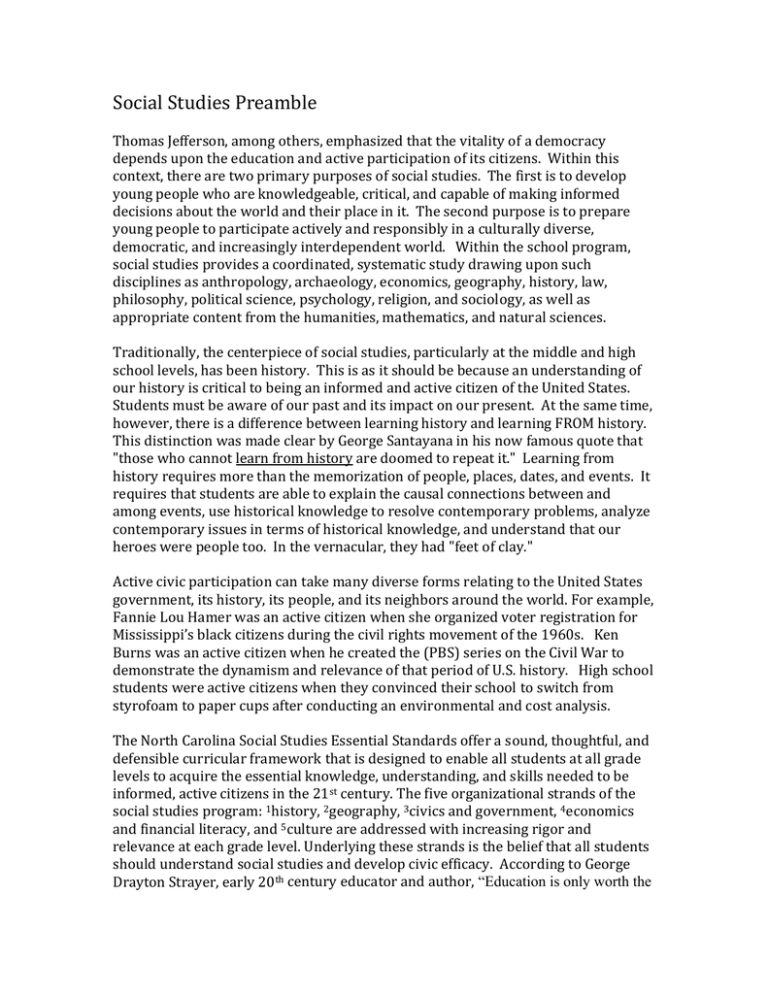
Social Studies Preamble Thomas Jefferson, among others, emphasized that the vitality of a democracy depends upon the education and active participation of its citizens. Within this context, there are two primary purposes of social studies. The first is to develop young people who are knowledgeable, critical, and capable of making informed decisions about the world and their place in it. The second purpose is to prepare young people to participate actively and responsibly in a culturally diverse, democratic, and increasingly interdependent world. Within the school program, social studies provides a coordinated, systematic study drawing upon such disciplines as anthropology, archaeology, economics, geography, history, law, philosophy, political science, psychology, religion, and sociology, as well as appropriate content from the humanities, mathematics, and natural sciences. Traditionally, the centerpiece of social studies, particularly at the middle and high school levels, has been history. This is as it should be because an understanding of our history is critical to being an informed and active citizen of the United States. Students must be aware of our past and its impact on our present. At the same time, however, there is a difference between learning history and learning FROM history. This distinction was made clear by George Santayana in his now famous quote that "those who cannot learn from history are doomed to repeat it." Learning from history requires more than the memorization of people, places, dates, and events. It requires that students are able to explain the causal connections between and among events, use historical knowledge to resolve contemporary problems, analyze contemporary issues in terms of historical knowledge, and understand that our heroes were people too. In the vernacular, they had "feet of clay." Active civic participation can take many diverse forms relating to the United States government, its history, its people, and its neighbors around the world. For example, Fannie Lou Hamer was an active citizen when she organized voter registration for Mississippi’s black citizens during the civil rights movement of the 1960s. Ken Burns was an active citizen when he created the (PBS) series on the Civil War to demonstrate the dynamism and relevance of that period of U.S. history. High school students were active citizens when they convinced their school to switch from styrofoam to paper cups after conducting an environmental and cost analysis. The North Carolina Social Studies Essential Standards offer a sound, thoughtful, and defensible curricular framework that is designed to enable all students at all grade levels to acquire the essential knowledge, understanding, and skills needed to be informed, active citizens in the 21st century. The five organizational strands of the social studies program: 1history, 2geography, 3civics and government, 4economics and financial literacy, and 5culture are addressed with increasing rigor and relevance at each grade level. Underlying these strands is the belief that all students should understand social studies and develop civic efficacy. According to George Drayton Strayer, early 20th century educator and author, “Education is only worth the difference it makes in the activities of the individual who has been educated.” With this in mind, each Local Education Agency (LEA) is encouraged to provide social studies classes and appropriate instruction at all grade levels to help students achieve the social studies knowledge, understanding, and skills that enable them to participate in our society. A balanced and effective social studies program, K‐12, prepares students to be active, informed, and responsible citizens. Students acquire and perfect knowledge, understanding, and skills of individual and group inquiry and examine a broad range of peoples and cultures. Students gain from social studies the attitudes and values that enable them to be effective problem‐solvers, good decision‐makers, and wise planners. As a result of an effective social studies education, they are prepared to deal with present, recurring, and unforeseen problems at the local, state, national, and global levels.


